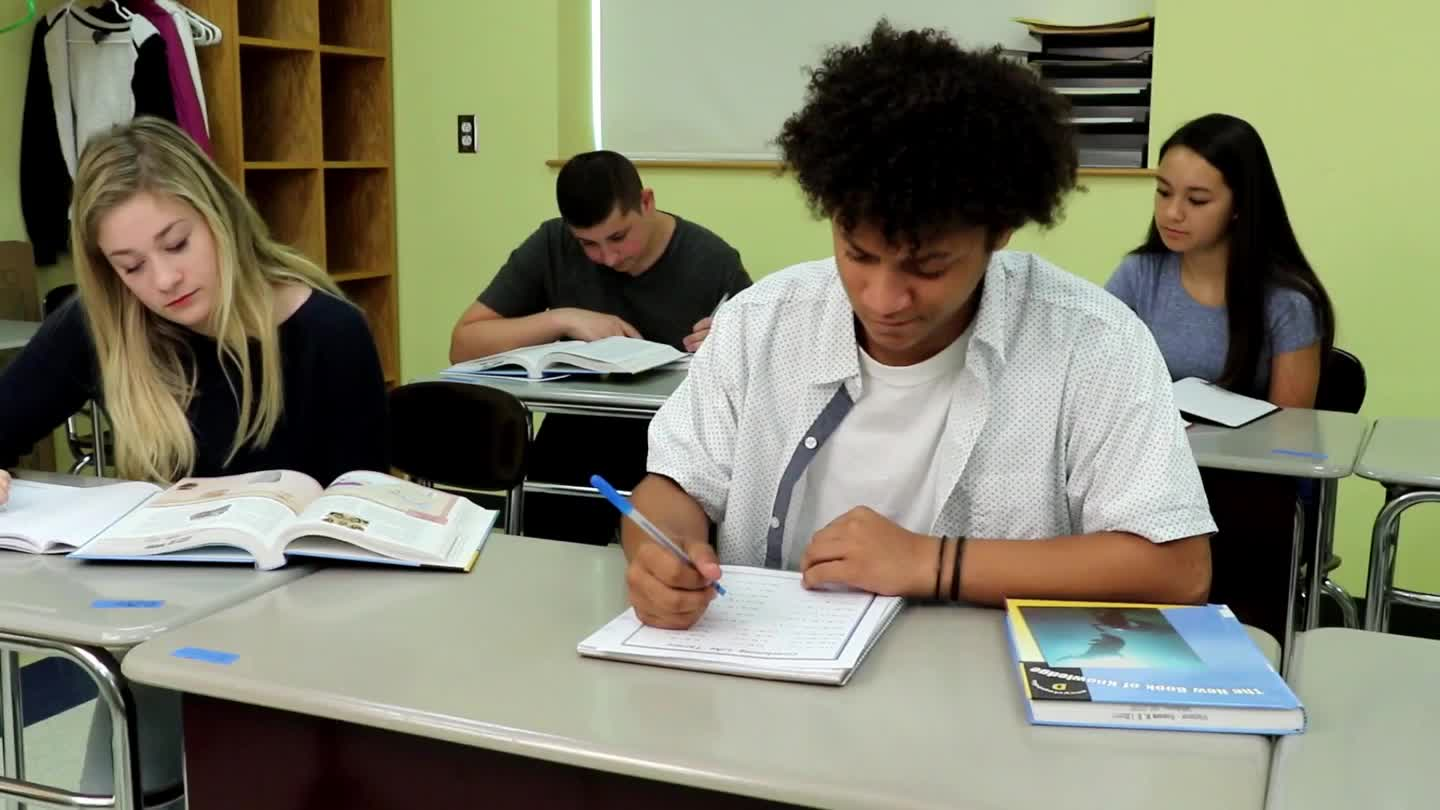
Introduction
Slang words are informal or shorter versions of words that we often use when hanging out with friends or talking to people our age. While slang words can be a fun and casual way to communicate, it’s essential for high school students to understand the appropriate time and place to use them. Using slang words in formal situations, such as at school or work, can come across as disrespectful or unprofessional. This blog post will discuss an engaging no-prep activity to teach high school students the appropriate use of slang words, followed by discussion questions, related skills, and next steps.
No-Prep Activity: Slang Word Scenarios
In this activity, the educator will present various scenarios to the students, and they will have to decide whether it’s appropriate to use slang words or not. Here’s how to conduct the activity:
- Divide the students into small groups or pairs.
- Explain the concept of slang words and give a few examples, such as calling a dollar a “buck” or asking friends to “hang.”
- Present a list of scenarios to the groups, such as talking to a teacher, speaking to a friend, presenting a project, or attending a job interview.
- Ask the students to discuss within their groups whether it’s appropriate to use slang words in each scenario and why.
- Have each group share their answers with the class and facilitate a discussion about their reasoning.
This activity will help students understand the importance of context when using slang words and develop their social-emotional learning skills by considering the feelings and expectations of others in various situations.
Discussion Questions
- Why is it important to be mindful of the language we use in different social situations?
- How can using slang words in inappropriate situations affect our relationships with others, such as teachers or potential employers?
- What are some strategies you can use to remember when it’s appropriate to use slang words and when it’s not?
- Can you think of a time when you or someone you know used slang words in an inappropriate situation? How did it make you feel?
- How can understanding the appropriate use of slang words contribute to a more respectful and inclusive environment?
Related Skills
In addition to understanding the appropriate use of slang words, there are several other related social-emotional learning skills that high school students can benefit from, such as:
- Effective communication: Learning to express oneself clearly and respectfully in various situations.
- Active listening: Paying attention to the speaker, understanding their message, and responding thoughtfully.
- Empathy: Understanding and sharing the feelings of others, which can help students be more mindful of their language choices.
- Adaptability: Adjusting one’s communication style based on the situation and the audience.
- Self-awareness: Recognizing one’s own feelings and emotions and understanding how they can influence our behavior and communication.
Next Steps
Teaching high school students the appropriate use of slang words is an essential part of their social-emotional learning journey. This skill can help them build stronger relationships, navigate various social situations, and create a more respectful and inclusive environment. To further support your students’ social-emotional learning, we encourage you to sign up for free samples of the discussed skill and others at Everyday Speech. These resources will provide you with additional activities, videos, and materials to help your students develop the skills they need to succeed both inside and outside the classroom.

